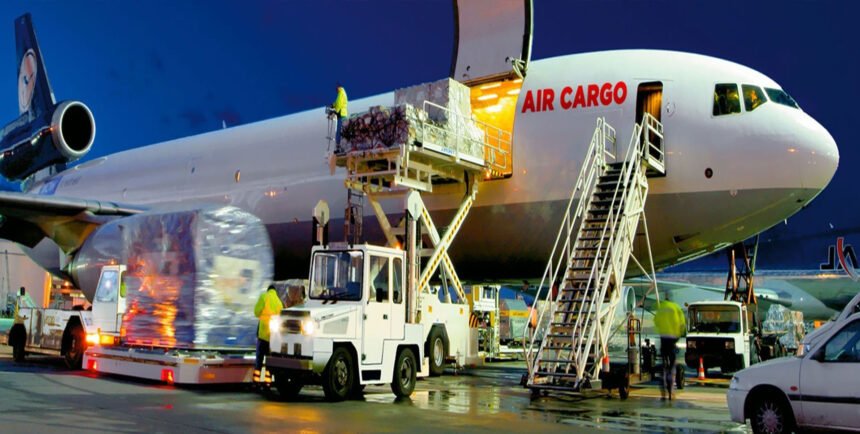In the fast-paced world of logistics, air cargo services play a pivotal role in ensuring that goods reach their destinations swiftly and securely. As businesses increasingly rely on air transport for critical shipments, maintaining the efficiency and reliability of these services becomes paramount. However, the complexities of air cargo operations can pose challenges, from regulatory compliance to logistical coordination.
To thrive in this competitive landscape, Air cargo companies in India must adopt best practices that enhance their air cargo services. This blog outlines 5 essential tips to maintain and optimize your air cargo operations, ensuring that your shipments are handled with care and arrive on time. By implementing these strategies, you can improve efficiency, reduce costs, and elevate customer satisfaction.
1.Invest in Technology
Embracing technology is crucial for modernizing air cargo operations. Implementing advanced tracking systems allows real-time monitoring of shipments, providing visibility for both businesses and customers. This transparency enhances communication and helps identify potential issues before they escalate.
Additionally, utilizing automated solutions for booking, documentation, and cargo handling streamlines processes and reduces human error. By investing in technology, you can improve operational efficiency and ensure that your air cargo services remain competitive.
2. Ensure Accurate Documentation
Accurate documentation is the backbone of successful air cargo operations. Incomplete or incorrect paperwork can lead to delays, fines, or even shipment rejections. Ensure that all necessary documents—such as air waybills, commercial invoices, and packing lists—are meticulously prepared and verified.
Utilizing electronic air waybills (eAWBs) can expedite the documentation process while minimizing paper waste. By prioritizing documentation accuracy, you can avoid costly disruptions and maintain a smooth flow of goods.
3. Optimize Packing Techniques
Proper packing is essential to protect cargo during transit. Use high-quality materials to secure items and prevent damage from movement or external factors. Consider using sturdy boxes with void fillers to cushion fragile items and ensure that all packages are labeled clearly.
Additionally, be aware of weight restrictions imposed by airlines to avoid extra charges or delays. Optimizing packing techniques not only safeguards your cargo but also maximizes available space in the aircraft.
4. Build Strong Relationships with Carriers
Establishing solid partnerships with various airlines is vital for securing capacity and negotiating favorable rates. Regular communication with carriers helps you stay informed about their services, schedules, and any changes in regulations.
By fostering these relationships, you can enhance your service offerings while ensuring timely deliveries for your clients. A collaborative approach with carriers can lead to better pricing options and improved service reliability.
5. Conduct Regular Risk Assessments
The air cargo industry is subject to various risks—from security threats to operational disruptions. Conducting regular risk assessments helps identify potential vulnerabilities within your supply chain.
Develop contingency plans tailored to address these risks effectively. Training an air freight forwarder on security protocols and ensuring compliance with regulations will further safeguard your operations against unforeseen challenges.
Maintaining efficient air cargo services requires a multifaceted approach that encompasses technology adoption, accurate documentation, strong carrier relationships, risk management, customer communication, performance monitoring, and regulatory compliance. By implementing these eight essential tips, businesses can optimize their operations while ensuring timely deliveries and high-quality service. In an industry where speed and reliability are paramount, prioritizing these strategies will not only enhance operational efficiency but also improve customer satisfaction—ultimately leading to long-term success in the competitive landscape of air cargo logistics.






